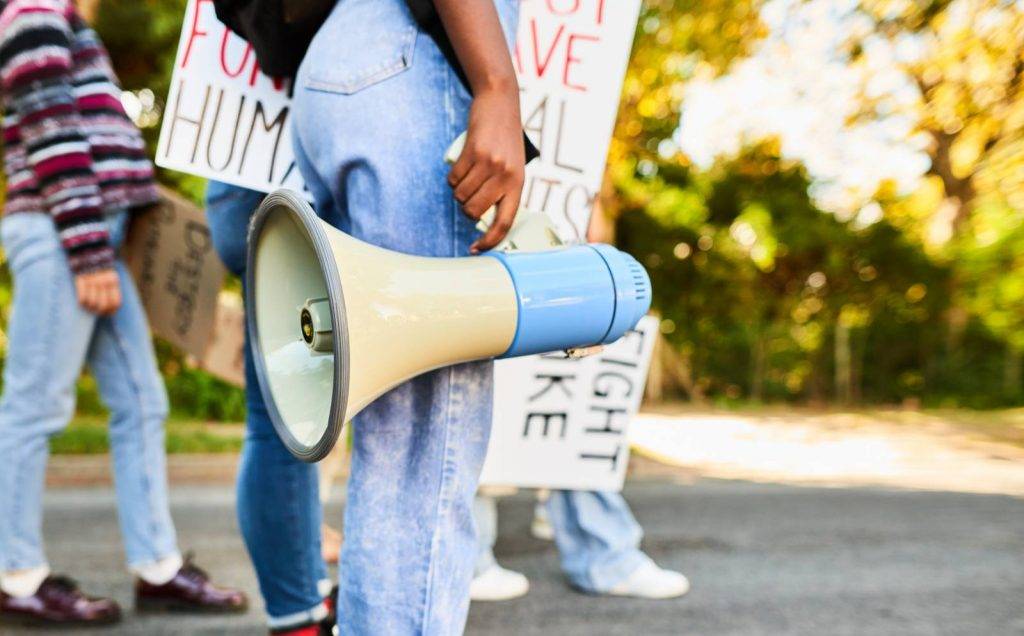
The transition to renewable vitality in Africa presents a chance to advertise gender equality and empower the youth
The truth of vitality poverty in Africa underscores the necessity for renewable vitality investments on the continent. Whereas 600 million Africans haven’t any entry to vitality, it’s the ladies and youth who’re disproportionately affected.
Girls are largely chargeable for managing vitality wants of their households, a job that may be time-consuming and even hazardous.
Greater than 60% of the continent’s inhabitants is underneath the age of 25 and plenty of of those younger persons are advocates for sustainable practices and progressive vitality applied sciences.
Attaining gender equality within the renewable vitality sector may unlock as much as $1.3 trillion in financial alternatives globally, in response to the Worldwide Renewable Power Company.
In Africa, the place the renewable vitality sector is burgeoning, integrating youth and gender issues into vitality insurance policies and practices can catalyse financial progress and environmental sustainability. This requires a strong dialog about gender-responsive and youth-centred renewable vitality techniques.
Integrating these views just isn’t merely a matter of fairness, it’s important for creating resilient and efficient options that tackle the varied wants of Africans. This can finally empower each ladies and the youth to form a sustainable vitality future for the continent.
Even so, Africa is grappling with a singular set of challenges and alternatives in its vitality transition journey. This crossroads is formed by a number of elements: the necessity to present thousands and thousands of individuals with electrical energy, to mitigate local weather change and align vitality techniques with international sustainability objectives.
Latest international discussions on local weather motion and sustainable growth have highlighted the necessity for inclusive vitality methods. These should not solely tackle the prevailing vitality shortfall but additionally empower marginalised teams.
Younger individuals convey progressive concepts, technological proficiency and a contemporary perspective that may drive the vitality transition. Their involvement is essential in creating renewable vitality techniques that resonate with native communities.
Programmes that promote entrepreneurship amongst younger individuals within the renewable vitality sector have proven promise. The Photo voltaic Sister initiative in East and West Africa, for example, empowers younger ladies by offering coaching and enterprise assist to promote photo voltaic vitality merchandise of their communities. This not solely enhances vitality entry but additionally creates jobs and empowers ladies economically.
Girls spend hours accumulating firewood and different fuels for cooking and heating their houses. Utilizing these soiled fuels exposes them to well being issues from indoor air air pollution. Gender-responsive renewable vitality techniques are important to make sure that options meet the varied wants of all group members, particularly essentially the most susceptible.
The UN sustainable growth objectives 5 and seven emphasise gender equality and inexpensive and clear vitality, respectively. Addressing gender disparities within the vitality sector is a sensible necessity to realize sustainable growth.
There are promising case research in Africa. In Rwanda, for example, ladies make up a good portion of the workforce within the renewable vitality sector, significantly within the photo voltaic trade. This has enhanced each vitality entry and gender fairness.
Nonetheless, loads stays to be achieved to put the groundwork for an in depth and long-term transformation of Africa’s vitality sector. Policymakers should put emphasis on inclusive methods.
Foremost, they need to design and implement gender and youth-focused insurance policies. These should tackle the obstacles to accessing vitality sources and promote their participation within the sector.
Policymakers should additionally promote training and coaching by investing in programmes that equip younger individuals, particularly ladies, with the abilities wanted for jobs within the renewable vitality sector. This might take the type of technical coaching in addition to enterprise administration and entrepreneurship.
Programmes that facilitate dialogue between vitality builders and people make sure that options are tailor-made to satisfy native wants and priorities.
Strengthening partnerships and collaboration between governments, NGOs and the non-public sector makes it simpler to mobilise sources and experience.
Because the continent navigates its vitality issues, the inclusion of numerous voices in planning and implementation is important for sustainable growth.
As American civil rights activist Jesse Jackson as soon as stated, inclusion just isn’t a matter of political correctness, it’s the key to progress.
Karabo Mokgonyana is a renewable vitality campaigner at Energy Shift Africa.